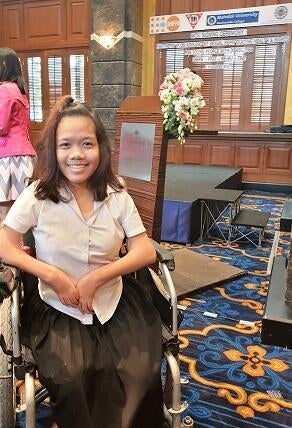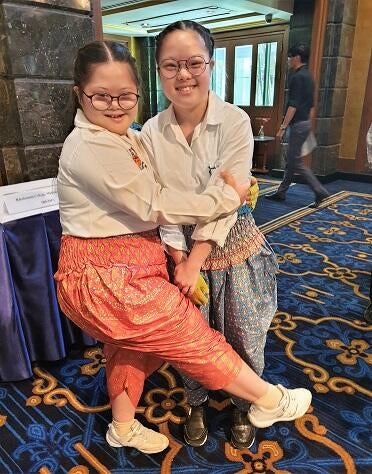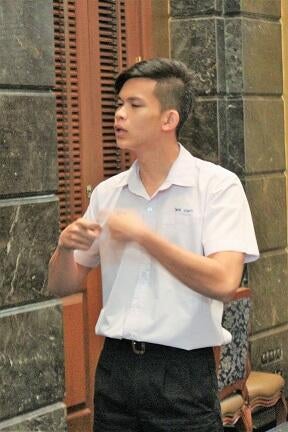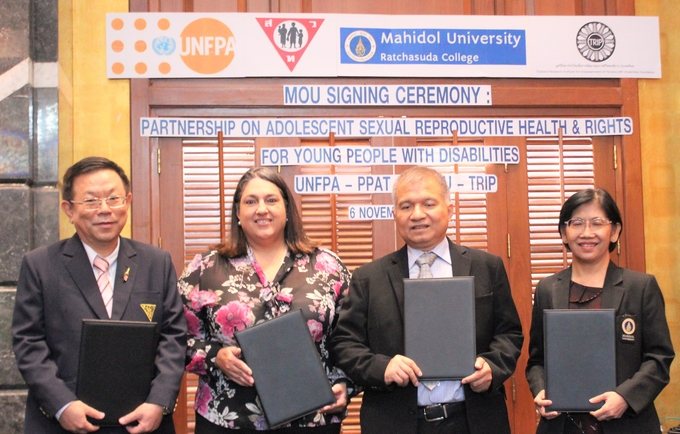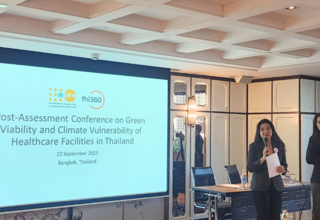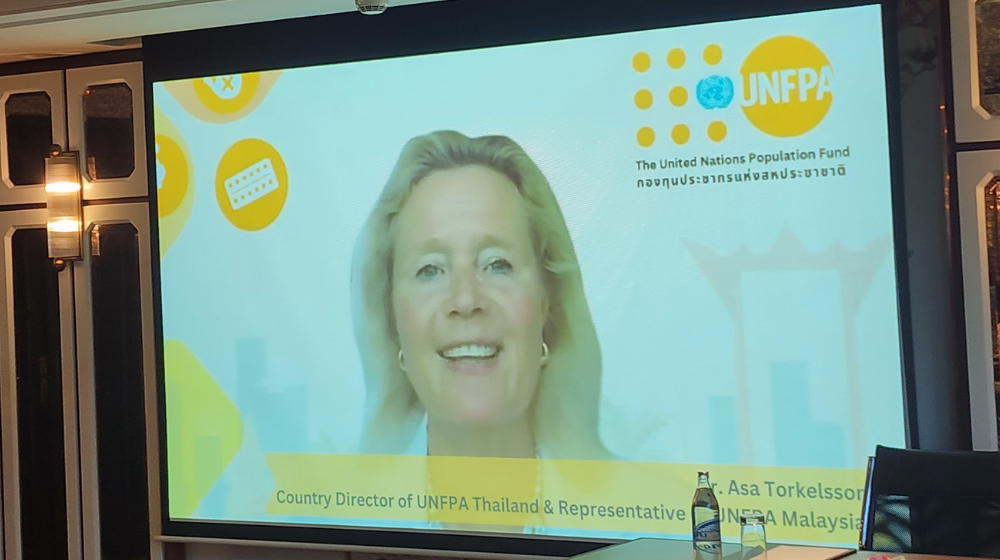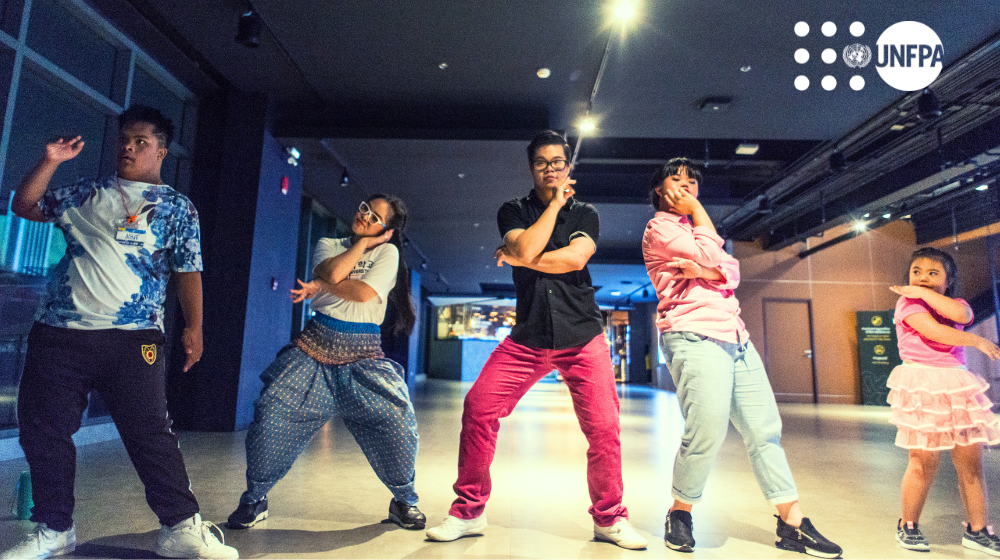Partnership Between UNFPA and TRIP-RSMU-PPAT on Adolescent Pregnancy Act:
Enabling Adolescent Sexual Reproductive Health and Rights for Youth with Disability
On 6 November 2018, UNFPA Thailand together with three partner organizations--Thailand Research Institute for Empowerment of Persons with Disabilities Foundation (TRIP), The Planned Parenthood Association of Thailand (PPAT) and Ratchasuda College, Mahidol University--sign the MoU for Partnership to enable adolescent sexual reproductive health and rights for youth with disability.
Vulnerable adolescent groups are at risk, marginalized (disadvantaged) or excluded from the socio-economic or reproductive health mainstream, or has no access to information and services and other opportunities. As indicated in the UNFPA’s indicator of SP 2018 – 20121 (OC1, OP1.1, p.22), marginalized groups also include persons with disabilities. Thus, young people with disabilities are vulnerable and are at risk for sexually transmitted diseases including HIV/AIDS, especially adolescent girls and young women who are at risk for adolescent pregnancy in the school setting, teen mothers both in school and out of school and affected by gender-based violence. The Act for Prevention and Solution of the Adolescent Pregnancy Problem, B.E 2559 (2016), section 5 emphasizes on adolescent rights to make decision by his or her self and has the right to information and knowledge, right to reproductive health service, right to confidentiality and privacy and right to social welfare that are equal and non-discriminative. Every youth and young person including youth with disabilities must be included to enjoy their sexual and reproductive health and rights.
Three keys factors lead to unintended pregnancy among youth with disabilities preliminary found as followed:
- Basic knowledge and perception on adolescent sexual and reproductive health & rights: 90% interviewed young people with various types of disability have limited basic knowledge and low perception on reproductive health. They could not differentiate between what is sexual relations and relationship, no concept of establishing a relationship [ (between man and woman) and sexual relations.
- Access to information and service: All interviewed parents of the low-economic background reflect that they do not know where to access for the sexual and reproductive health information and services for their children. The mere option they have is to control their children. Sexual education is taught in some special schools for children with disabilities in Thailand including School for Children with Hearing disability.
- Violation of the adolescents' rights on sexual and reproductive health: From the interviewed youth with disabilities, most of girls and women with disabilities are controlled and highly protected by their guardians both in families and in the service settings including schools and welfare homes. Pregnancy is recognized as highly unaccepted by parents and guardians. Thus, the forced sterilization among youth with disabilities becomes a normal practice as the only option to prevent unintended pregnancy. The forced sterilization of women and girls are somehow acceptable among parents and guardians as it prevents them from the pregnancy.
